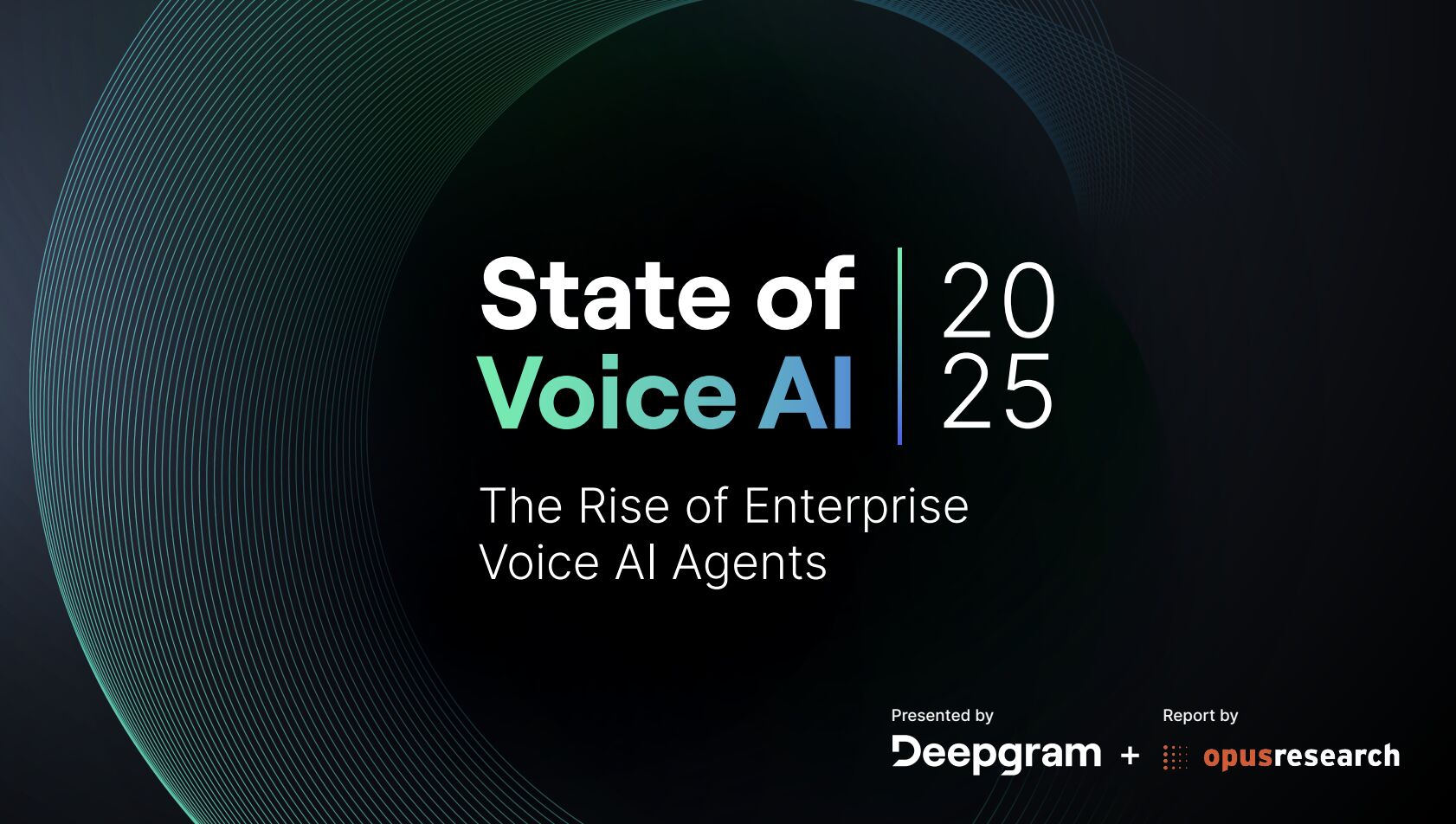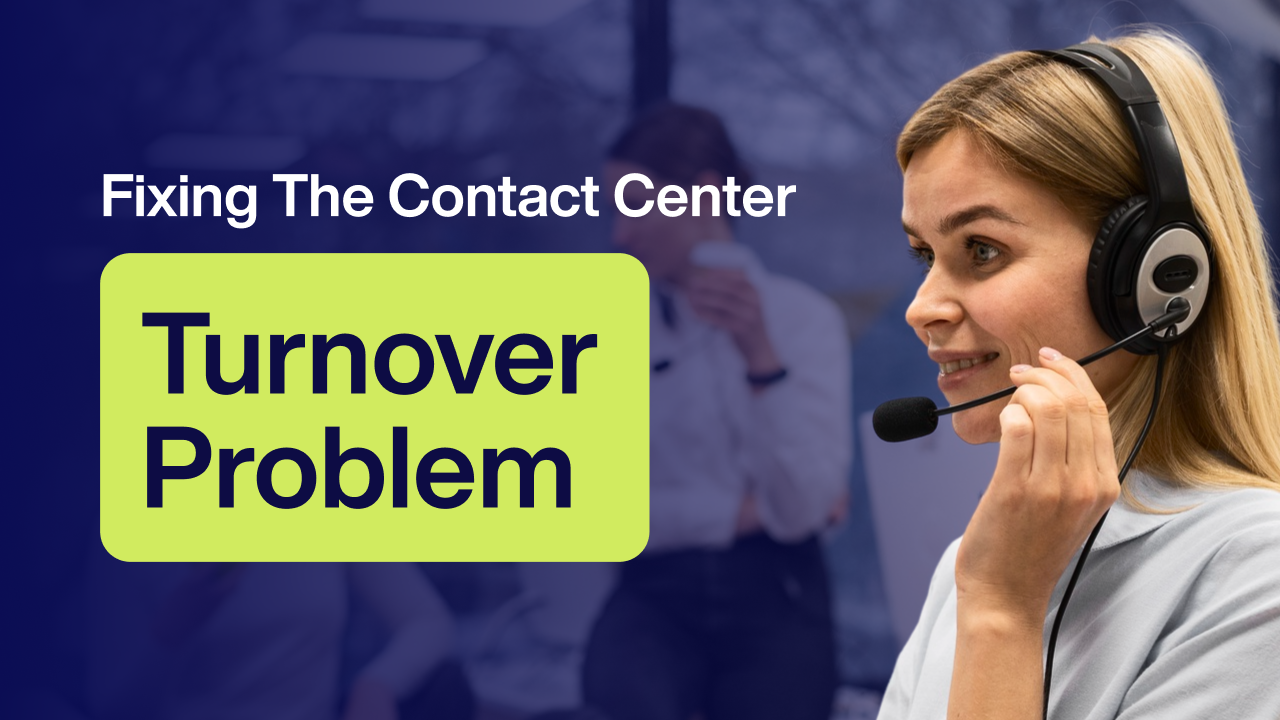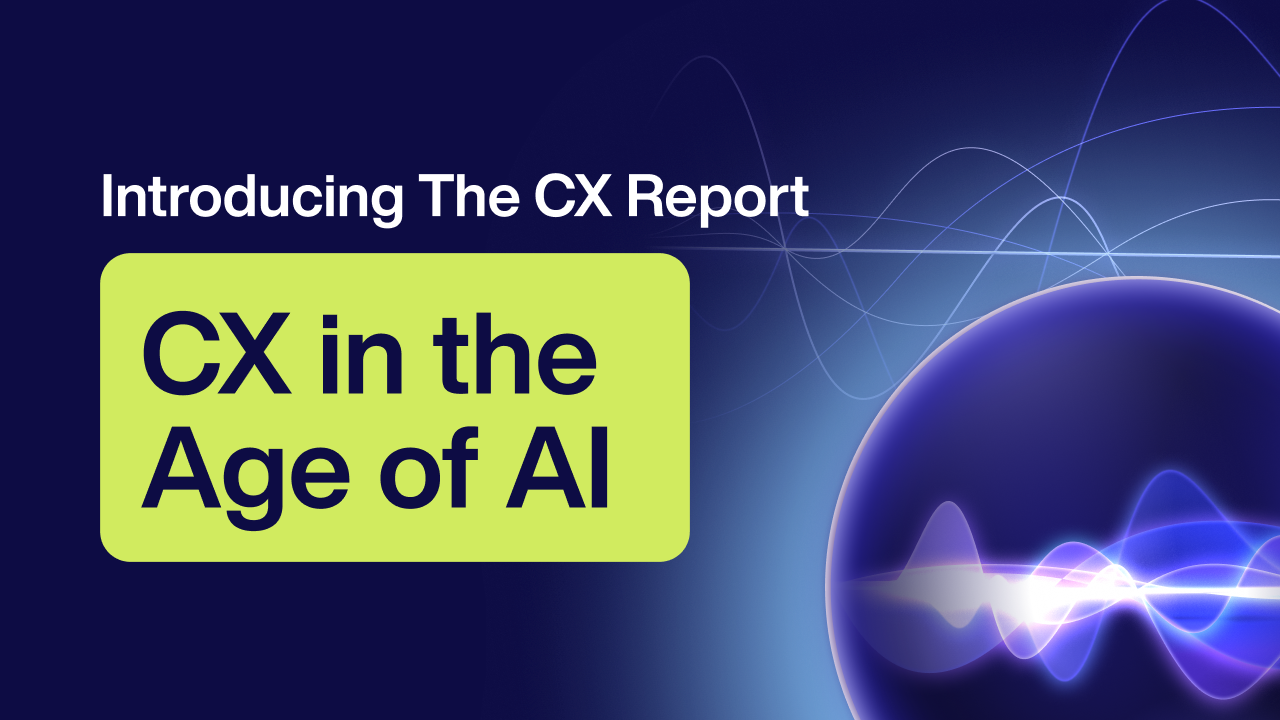CCBHC Partnership Success Stories: Transforming Behavioral Health Access

Introduction
Behavioral health access remains a critical challenge, with 50% of individuals needing mental health or substance use care unable to access services due to provider shortages and systemic barriers (NACHC, 2024). For underserved communities served by Federally Qualified Health Centers (FQHCs), these gaps exacerbate health disparities and increase emergency care costs by 25%. Certified Community Behavioral Health Clinics (CCBHCs) address this through partnerships that integrate comprehensive behavioral health with primary care, enhanced by artificial intelligence (AI). AI-driven solutions improve access by 25-35%, reduce wait times by 20%, and enhance care coordination. Benefits include equitable care, reduced staff strain, and stronger SAMHSA compliance. This article explores two AI-powered features—intelligent referral automation and predictive engagement analytics—highlighting real-world CCBHC partnership successes. The result? Transformed behavioral health access, better outcomes, and sustainable systems for communities in need.
1: Intelligent Referral Automation
A pivotal AI feature in CCBHC partnerships is intelligent referral automation, a process that streamlines connections between FQHCs and behavioral health services. Manual referrals often fail—40% of patients referred for mental health care never follow through due to delays or mismatches (HIMSS, 2024). AI uses machine learning (ML) to analyze patient needs, provider availability, and insurance status, instantly matching patients to appropriate CCBHC services, such as therapy or crisis intervention.
For example, AI can route a patient with suicidal ideation to a CCBHC crisis team within hours, ensuring SAMHSA’s 24/7 access requirement. A 2024 McKinsey study found that AI automation increased referral completion by 35% and cut wait times by 25%. For CCBHCs and FQHCs, this improves care equity, particularly for Medicaid patients, and supports value-based care incentives.
The people impact is transformative. Primary care providers, facing burnout (65% in FQHCs, AMA, 2024), save time with automated workflows, focusing on clinical care—60% report reduced stress (AHA, 2024). CCBHC staff receive aligned referrals, boosting efficiency. Patients experience seamless transitions, with satisfaction rising 20%, vital for underserved groups. Administrators ensure HRSA and SAMHSA compliance, securing grants.
The result is clear: faster access, fewer care gaps, and savings ($50,000-$100,000 annually per partnership). Intelligent automation strengthens CCBHC-FQHC collaboration, expanding behavioral health reach and outcomes.
2: Predictive Engagement Analytics
Another transformative AI feature is predictive engagement analytics, a process that optimizes patient participation in behavioral health services. CCBHCs must engage diverse populations, but 45% of patients disengage due to stigma or logistics (HFMA, 2024). AI analyzes EHRs, SDOH, and past engagement to predict dropout risks and recommend tailored interventions, like text reminders or telehealth options.
For instance, AI can identify a patient at risk of missing substance use counseling and suggest a virtual session, boosting adherence by 30% (AHA, 2024). A 2024 HIMSS study showed predictive analytics increased CCBHC service uptake by 25% and reduced no-shows by 20%. For FQHC-CCBHC partnerships, this drives revenue through Medicaid reimbursements and quality bonuses.
The people benefit is significant. CCBHC counselors focus on therapy, not chasing patients, with 65% reporting higher satisfaction (HFMA, 2024). FQHC clinicians see better outcomes, strengthening trust—treatment adherence rises 22%. Patients feel supported, with satisfaction up 20%. Administrators use analytics to meet SAMHSA’s data reporting, enhancing funding prospects amid 70% of FQHCs facing shortages (NACHC, 2024).
The outcome is compelling: sustained engagement, reduced relapses, and revenue gains ($40,000-$80,000 per partnership). Predictive analytics ensures CCBHCs deliver accessible, equitable care, transforming community health.
3: Real-World Examples
Real-world CCBHC partnerships illustrate AI’s impact. Centerstone of Florida, a CCBHC collaborating with local FQHCs, implemented intelligent referral automation. AI matched 3,000 patients to behavioral health services, increasing completions by 40% and cutting wait times to 7 days. Emergency visits dropped 15%, saving $90,000 annually, and patient satisfaction rose 22%. Staff reported 20% less administrative burden, aligning with SAMHSA’s integrated care model. Centerstone’s success shows automation’s role in access and efficiency.
In Minnesota, People Incorporated, a CCBHC, partnered with FQHCs using predictive engagement analytics. AI boosted treatment adherence by 35%, reducing severe depression by 28% among 10,000 patients. Hospitalization costs fell $976,832, and staff saved 10 hours weekly. Satisfaction surged 25%, and $1.2 million in grants was secured. This case highlights analytics’ financial and health benefits.
A Michigan partnership between CNS Healthcare (CCBHC) and an FQHC network combined both AI features. Referrals rose to 80% completion, and engagement analytics cut no-shows by 25%. Savings hit $120,000, with quality scores up 20%, adding $1 million in funding. These results, backed by a 2024 NACHC report showing AI improved access by 25-35%, prove the benefits: expanded care, reduced costs, and equitable outcomes.
Conclusion
CCBHC partnerships are revolutionizing behavioral health access, and AI is the catalyst. Intelligent referral automation increases completions by 35-40%, and predictive engagement analytics boosts adherence by 30%, saving $40,000-$120,000 per partnership. Real-world successes—Centerstone’s 40% referral surge, People Incorporated’s $976,832 savings, and CNS Healthcare’s $1 million grant—demonstrate impact. These tools enhance outcomes, ease staff strain, and ensure equity, meeting SAMHSA and HRSA standards. As behavioral health needs grow, AI-driven partnerships are essential for FQHCs and CCBHCs to deliver whole-person care. Communities deserve accessible, effective services—now is the time to act.
Don’t let behavioral health gaps persist. Assess your FQHC’s access challenges today and partner with CCBHCs using AI-driven automation and analytics. Start now to transform care and communities.
References
- National Association of Community Health Centers (NACHC), 2024 Report
- Healthcare Information and Management Systems Society (HIMSS), 2024 Study
- Healthcare Financial Management Association (HFMA), 2024 Survey
- American Hospital Association (AHA), 2024 Report
- McKinsey & Company, 2024 Healthcare Access Study
- American Medical Association (AMA), 2024 Burnout Study
- SAMHSA, CCBHC Guidelines, 2023
- U.S. Chamber of Commerce, CCBHC Model Impact, 2023
- Qualifacts, People Incorporated Case Study, 2024
No Spam —
Just Good Stuff.
Join our newsletter for actionable advice, insider knowledge, and strategies that drive real results.
No fluff, just value.
%20(1).png)

.png)


























































































.png)
.png)
.png)



.png)
.png)
.png)
.png)